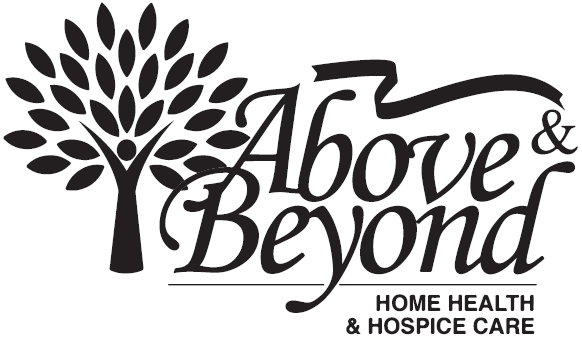Determining Hospice Eligibility
CMS Guidelines for Providers
Deciding when to refer a patient for hospice care is an essential step in providing them with the best possible care during the final stages of life. The Centers for Medicare & Medicaid Services (CMS) have provided guidelines to help you make these important decisions. This resource will take you through the eligibility criteria, covering both general requirements and disease-specific indicators, so you can ensure your patients get the care they need.
General Eligibility Requirements
To qualify for hospice care under Medicare and Medicaid, a patient should meet the following criteria:
- The patient has a life-limiting condition, with a prognosis of six months or less if the illness follows its expected course.
- The patient and/or family have been informed of this condition and have decided to proceed with comfort care rather than curative treatments.
- The patient must demonstrate at least one of the following:
- A. Documented evidence of clinical decline, which can include:
- Progression of the primary disease as documented by physician assessment, laboratory results, or other studies.
- Multiple inpatient hospitalizations or emergency department visits over the past six months.
- A decline in functional status, often measured by a Palliative Performance Scale (PPS) score of 50% OR dependence in at least three of six Activities of Daily Living (feeding, ambulation, continence, transfer, bathing, and dressing), as shown below:
- A. Documented evidence of clinical decline, which can include:
|
% |
Ambulation |
Activity |
Self-Care |
Intake |
Conscious Level |
|---|---|---|---|---|---|
|
100 |
Full |
Normal Activity |
Full |
Normal |
Full |
|
90 |
Full |
Normal Activity |
Full |
Normal |
Full |
|
80 |
Full |
Normal |
Full |
Normal |
Full |
|
70 |
Reduced |
Unable Normal Job / Work |
Full |
Normal |
Full |
|
60 |
Reduced |
Unable Hobby / House Work |
Occasional |
Normal |
Full |
|
50 |
Mainly Sit/Lie |
Unable to Do Any Work |
Considerable |
Normal |
Full |
|
40 |
Mainly in Bed |
Unable to Do Any Work |
Mainly |
Normal |
Full or Drowsy |
|
30 |
Totally |
Unable to Do Any Work |
Total Care |
Normal |
Full or Drowsy |
|
20 |
Totally |
Unable to Do Any Work |
Total Care |
Minimal sips |
Full or Drowsy |
|
10 |
Totally |
Unable to Do Any Work |
Total Care |
Mount care only |
Drowsy or Coma |
|
0 |
Death |
|
|
|
|
- B. Signs of nutritional decline, such as:
- Unintentional weight loss of more than 10% over the past six months.
- Serum albumin of less than 2.5 g/dL (though this should not be used as the sole indicator).
- Unintentional weight loss of more than 10% over the past six months.
While these general guidelines are helpful, each patient's situation is unique, and your clinical judgment is invaluable in this process. Above & Beyond Home Health & Hospice Care’s hospice experts are available to help you determine if your patient qualifies for hospice care. We encourage you to contact us with any questions or for further support.
Disease-Specific Guidelines
In addition to general eligibility criteria, CMS provides disease-specific guidelines to help clarify eligibility for common life-limiting conditions:
- Amyotrophic Lateral Sclerosis (ALS)
- Alzheimer’s Disease and Dementia
- Heart Disease
- HIV
- Liver Disease
- Non-Disease Specific
- Pulmonary Disease
- Renal Disease
- Stroke and Coma
Other Considerations for Providers
- While hospice care is intended for patients whose expected prognosis is six months or less, patients sometimes live beyond this period. If you believe the patient still has a life expectancy of six months or less, you can recertify their prognosis, allowing them to continue receiving hospice services.
- Patients may choose to end hospice care at any time if their condition improves or if they decide to pursue curative treatment. They may also elect to use hospice services later if they become eligible again.
Helpful Resources
Helping patients get the right care at the right time is crucial, especially as they near the end of life. By combining your clinical expertise with a clear understanding of CMS hospice eligibility criteria, you can guide your patients and their families through a smooth transition to the comfort-focused, compassionate care they need.
At Above & Beyond Home Health & Hospice Care, we are here to support you and your patients. Whether you have questions or need assistance with a referral, our team is always ready to help. Together, we can make sure your patients get the care they deserve when they need it most.
